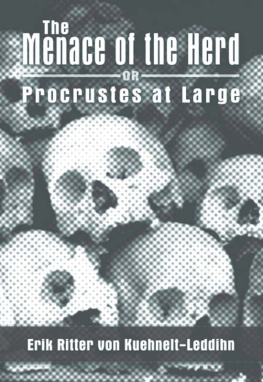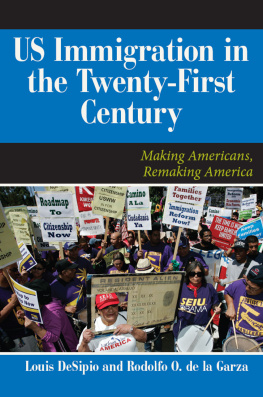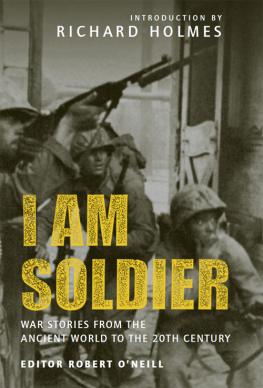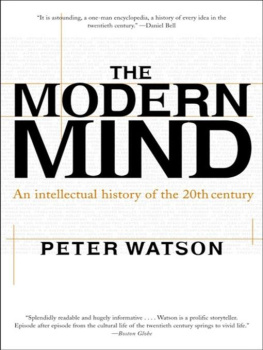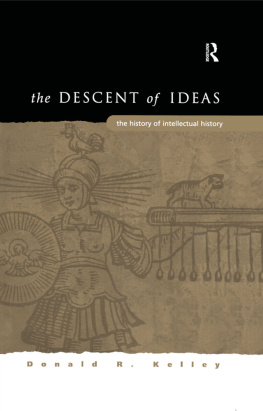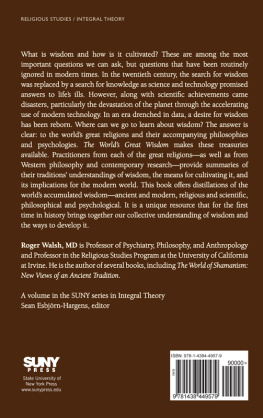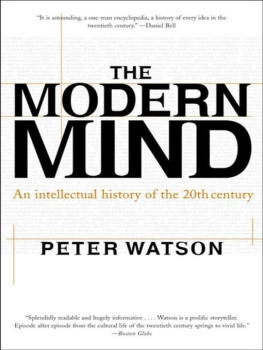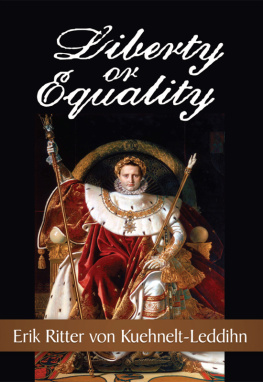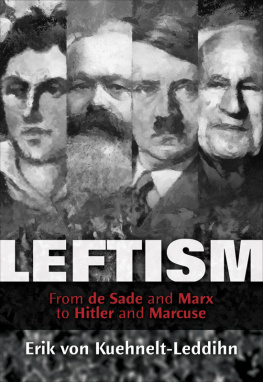SCIENCE AND CULTURE SERIES
JOSEPH HUSSLEIN, S.J., PH.D., GENERAL EDITOR
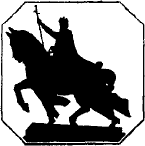
THE MENACE OF THE HERD
or
Procrustes at Large
The Menace of the Herd
or
Procrustes at Large





 . , .
. , .
La dmocratie a done deux excs viter: Lesprit dingalit, qui la mne laristocratie o au gouvernement dun seul; et lesprit dgalit extrme, qui la conduit au despotisme dun seul. Montesquieu, LEsprit des Lois, VIII, 2.
FRANCIS STUART CAMPBELL
THE BRUCE PUBLISHING COMPANY
MILWAUKEE

Copyright, 1943, by The Bruce Publishing Company
Made in the United States of America
This book is dedicated to all those who defend our freedom in all five continents of this earth, with the sword, not the pen.
PRO-CRUSTES (pr-krstz) (Gr. Antiq.) A celebrated legendary highwayman of Attica who tied his victims upon an iron bed, and, as the case required, either stretched or cut off their legs to adapt them to its length whence the metaphorical phrase, the bed of Procrustes. Websters International Dictionary, 1902, p. 1142.
PREFACE BY THE GENERAL EDITOR
VIGOROUSLY written and profoundly concerned with problems of the hour, this book will come as a challenge to many.
For an undertaking of this nature world contacts are needed, and these the author possesses in an unusual degree. His continued travels have made of him a citizen of the world, with international sympathies and close familiarity with a score of languages.
His pictures, therefore, of the European scene are not pieced together out of other peoples books. They are derived from personal observation of the character and traditions of the various nations considered. Particularly important, too, is his knowledge of the geographic conformation of the different countries in which the numerous types of European society have developed side by side through the centuries.
As for America, the writer has set foot within each state of the Union, keenly observant always, and no less keenly appraising all that he saw. If at times he criticizes severely certain aspects of American life, it is only because he loves America and admires it, and so would wish the false ore to be cleansed away where it mingles with the gold. Thus, referring to the problems that today confront the country, he says:
America may be far quicker in understanding these issues than the outsider is ready to believe. It is of little importance that America at present has less of a visible tradition than Europe and a smaller intellectual aristocracy, but in no country in the world is there such a furious hunger for culture and intellectual values, such craving for true personality, such wonderful seeking for the beautiful things of life. America will understand.
The authors breadth of view is accounted for, no doubt, still further by the fact that his graduate studies were made in America, England, and continental Europe. Yet it is not the popular cause which he espouses at any cost. Rather, like a Roland come to the Dark Tower, he winds his horn and blows his blast in defense of true liberty and genuine culture, as he honestly conceives of them.
His attitude toward democracy is essentially that of the Founding Fathers, as indicated in his important first chapter, What of Democracy?
Without anticipating his views here it may be stressed that in its use of the word democracy the world has run mad in our day. America itself has in this regard come perilously near to the ancient Babel, with just the difference that each man now believes he understands his neighbor, while in reality their concepts are leagues apart.
Heaven high, hell deep is a phrase borrowed from Browning that may be none too strong to describe the divergence possibly existing in the minds of two chance persons who in the same crowded hall applaud together the same blessed word democracy as it bursts in a climax of oratory from the speakers platform.
To one it signifies no less than a Gospel concept of the ideal human relations that should exist within a commonwealth. To the other it definitely imports the opiate Marxian dream, to be ushered in by the red dawn of the communist World Revolution. And between these two extremes could we but visualize for ourselves the minds of the audience we might find a complete spectrum of diversified meanings for this one single word, from the ultraviolet of the confirmed optimist to the ultrared of the thoroughgoing Bolshevist.
Communism, in fact, has practically dropped its own label for what it declares to be its perfect synonym, democracy.
You are a Fascist or a Democrat, runs the argument addressed to the crowd, and if a Democrat you must be a Communist, for communism is the only genuine democracy. To make such arguments effective constant repetition suffices, according to the tactics expressly set forth by Adolf Hitler, past master in the art. Thus communist funds have been known to swell to a high tide with the money gathered from the newly gained friends of democracy.
Here, then, is a matter for serious consideration. Closely allied with it is the question of equality.
To understand the statement of the Founding Fathers that all men are created equal we must look at it in the light of their own daily practice, which was worlds removed from the equality postulated by the French Revolution. They were as a body, believing men. Human equality consisted for them in the creation of all men by God, their equal redemption and final judgment, together with the consequent dignity of the human person and the rights assured to individuals and families by the natural law. But as for human society itself, they frankly recognized it as composed of unequal elements and sought their political solution in a Representative Republic. It is that form of government which still remains to us, despite the persistent efforts of those who have been carrying on the termite work of weakening its wisely planned and powerful supports. Under such circumstances there is need of watchfulness and enlightened patriotism.
Lastly, no little space is here devoted to the explanation of developments that led up to World War I, and to the considerations which the author believes will be imperative when representatives of the belligerent nations in this war at length foregather around the peace table. It is in this connection that he pleads for an intelligent understanding of the long traditions of the nations concerned, of their historic background, of the political institutions most different from our own that are perhaps needed on their part to stabilize the future peace. Then it is that mercy and truth must meet, that charity and justice must rule, and that God may not be disregarded. All other peace would only be a second dismal failure, another willful defiance flung in the face of high heaven. America cannot stand for that!

